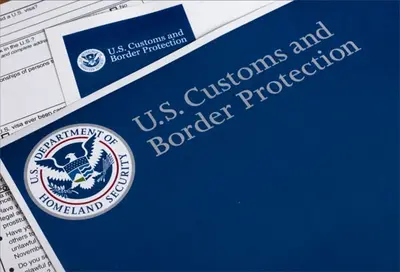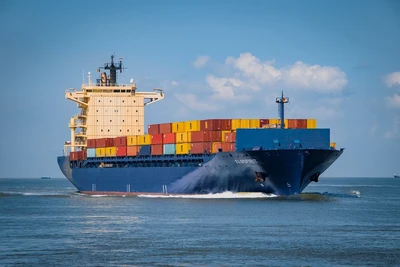
A fuel surcharge is an additional fee charged by logistics companies to offset the fluctuating cost of fuel used in transportation. It applies to all modes of transport—ocean freight, air cargo, trucking, and rail—and is typically added on top of the base freight rate.
Fuel prices are volatile and influenced by global oil markets, supply chain disruptions, and geopolitical factors. Rather than constantly updating freight rates, carriers apply a fuel surcharge that adjusts regularly (often monthly) based on average fuel prices.
It allows logistics providers to:
Cover increased operational costs
Maintain rate stability in contracts
Share cost risk with customers
Fuel surcharges are usually calculated as a percentage of the base freight rate or as a flat fee per shipment unit.
Trucking: $0.50 per mile or 20% of base rate
Ocean Freight: $100/TEU as BAF (Bunker Adjustment Factor)
Air Freight: Priced per kg or lb (e.g., $1.00/kg fuel surcharge)
BAF (Bunker Adjustment Factor) – Applied to ocean freight based on marine fuel costs
CAF (Carrier Adjustment Factor) – Covers fuel and currency fluctuations
Fuel Levy / FSC – Terms used in trucking and air freight sectors
Low Sulphur Surcharge (LSS) – Reflects cost increases from cleaner fuel mandates (especially in ocean shipping)
It affects your total landed cost – Always check if quotes are "all-in" or plus fuel surcharge
Rates may change monthly or weekly – Fuel surcharge indexes are usually published in advance
Negotiation matters – In high-volume contracts, you may be able to cap or fix fuel surcharges over time
Ask your freight forwarder for transparent breakdowns of base rates vs. surcharges
Consider longer-term contracts if you want price stability
Monitor fuel indexes (e.g., DOE Diesel Index or shipping line BAF updates)
Consolidate shipments to reduce the per-unit impact of fuel charges
 Understanding General Rate Increases (GRIs) in ShippingMay 30, 2025What is a General Rate Increase (GRI)?A General Rate Increase (GRI) refers to the adjustment of base ocean freight rates by carriers, typically implemented during periods of high demand or operational...view
Understanding General Rate Increases (GRIs) in ShippingMay 30, 2025What is a General Rate Increase (GRI)?A General Rate Increase (GRI) refers to the adjustment of base ocean freight rates by carriers, typically implemented during periods of high demand or operational...view The U.S. Import Bonds (Customs Bond)May 25, 2024Successfully to import products into the USA is a complex multi-step process. Customs clearance is very important part of process. When we comes to customs clearance, we have to refer to bonds. Custom...view
The U.S. Import Bonds (Customs Bond)May 25, 2024Successfully to import products into the USA is a complex multi-step process. Customs clearance is very important part of process. When we comes to customs clearance, we have to refer to bonds. Custom...view How a Misprinted Invoice Made Me Rethink China-UK Shipping (And Saved My Business £27k)April 7, 2025Bristol importer spills the tea on cutting logistics chaos - from customs meltdowns to courier cons. CUCFreight's unorthodox hacks inside.view
How a Misprinted Invoice Made Me Rethink China-UK Shipping (And Saved My Business £27k)April 7, 2025Bristol importer spills the tea on cutting logistics chaos - from customs meltdowns to courier cons. CUCFreight's unorthodox hacks inside.view Twenty-foot Equivalent Unit (TEU)July 2, 2025A Twenty-foot Equivalent Unit (TEU) is a standardized measurement used in the shipping and logistics industry to describe the capacity of container ships and terminals. One TEU represents the space ta...view
Twenty-foot Equivalent Unit (TEU)July 2, 2025A Twenty-foot Equivalent Unit (TEU) is a standardized measurement used in the shipping and logistics industry to describe the capacity of container ships and terminals. One TEU represents the space ta...view